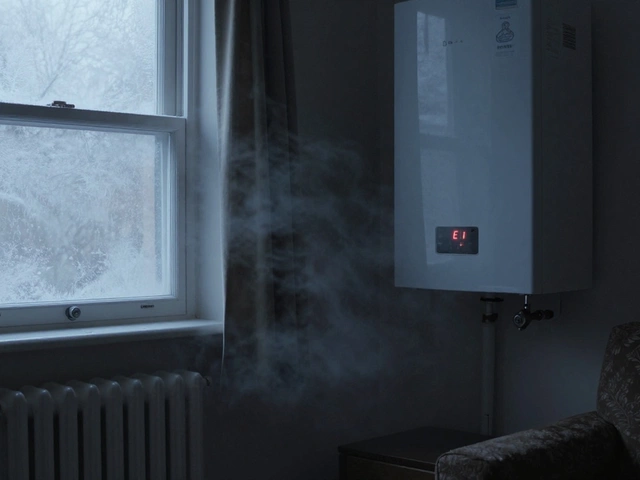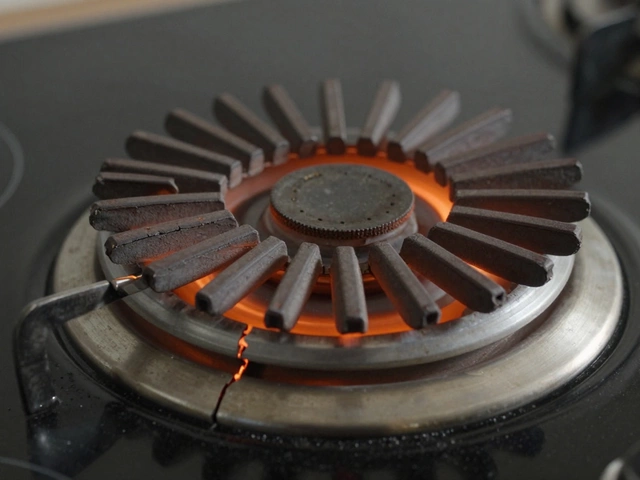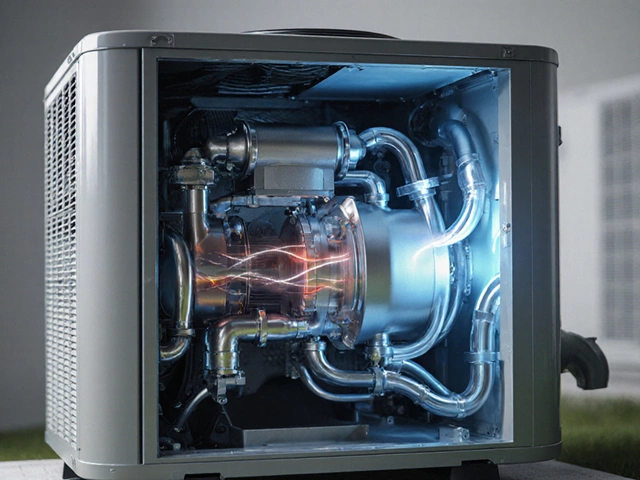Extractor fans keep your kitchen and bathroom fresh, but they can go quiet or smell funny. Most issues are easy to spot and fix, so you don’t always need a pricey call‑out. Below we walk through the typical problems, a quick DIY replacement, and the signs that a professional is the safe bet.
First, check the power. A tripped circuit breaker or a blown fuse is the simplest culprit. If the fan still won’t spin, the motor is likely the problem. Over time, grease, dust, and moisture can coat the blades and motor, causing it to stall.
Another frequent issue is a broken or loose fan belt (on belt‑driven models) or worn bearings. You might hear a humming noise with no air movement – that’s the motor straining.
Lastly, look at the fan’s vent pipe. A clogged duct filled with fat, lint, or mould will choke airflow and make the motor overheat. Regular cleaning keeps the system humming.
If you’ve identified a faulty fan, you can swap it out in under an hour. Gather a screwdriver, a voltage tester, a new fan that matches the size and airflow rating, and safety gloves.
1. Turn off the electricity. Switch off the circuit breaker for the kitchen or bathroom. Use the tester to confirm the wires are dead.
2. Remove the old unit. Unscrew the mounting brackets, disconnect the wiring (note which wire goes where), and pull the fan away from the ceiling or wall.
3. Clean the vent. While the opening is exposed, vacuum out any built‑up grease or dust. A quick brush‑through keeps the new fan running longer.
4. Install the new fan. Attach the new unit to the brackets, reconnect the wires matching the colour code, and secure everything tightly.
5. Test it. Switch the breaker back on and turn the fan on. You should feel airflow and hear a steady hum. If anything sounds odd, double‑check the connections.
That’s it – a fresh fan, clean ducts, and better air quality.
If you spot any of these red flags, it’s time to call an expert:
Professionals have the tools to test motor windings, replace sealed bearings, and ensure the vent complies with building codes. Plus, a qualified electrician or ventilation specialist can safely work with high‑voltage wiring.
Regular maintenance goes a long way. Wipe the fan cover every few months, run a short cleaning cycle for the duct, and listen for any change in sound. A well‑kept extractor fan lasts 5‑10 years, so you’ll avoid costly replacements.
Bottom line: Most extractor fan hiccups are DIY‑friendly, but don’t gamble with electricity or a motor that’s clearly damaged. Keep the steps simple, stay safe, and enjoy fresh air without the hassle.

Extractor fans are essential for maintaining good air quality in homes, but what happens when they break down? This article explores whether electricians are the right professionals to fix extractor fans, the typical issues these fans encounter, and some maintenance tips to avoid frequent repairs. Learn about the repair process and when it might be time to replace your fan altogether.

Learn the 7 clear signs your boiler is broken, from cold radiators to strange noises and gas smells. Know when to repair and when to replace before winter hits.

Gas appliances in the UK must be checked annually by a Gas Safe engineer to prevent deadly carbon monoxide leaks. Skipping checks risks health, safety, and legal penalties. Learn what happens during a service and how to stay safe.

Wondering if your oven can hit the 20-year mark? This article digs into what really decides how long an electric oven lasts, from the make to how you treat it. Get real tips to keep yours running strong, spot early signs of trouble, and find out when repair is smarter than replacement. No fluff—just straight answers for anyone looking to save money and avoid surprise oven breakdowns. This is your guide to squeezing every last year out of your electric oven.

Learn how to tell if your electric stove element is bad with simple visual checks, multimeter tests, and common signs of failure. Save money by diagnosing and replacing it yourself.

Find out the 2025 price range for heat pump compressors, what factors affect cost, how to get accurate quotes, and whether DIY or professional installation is best.